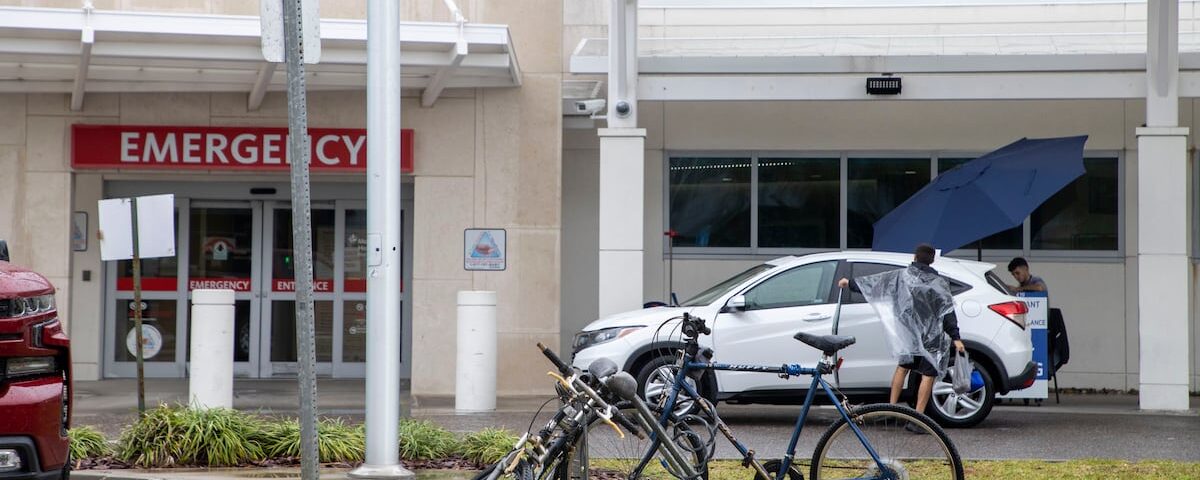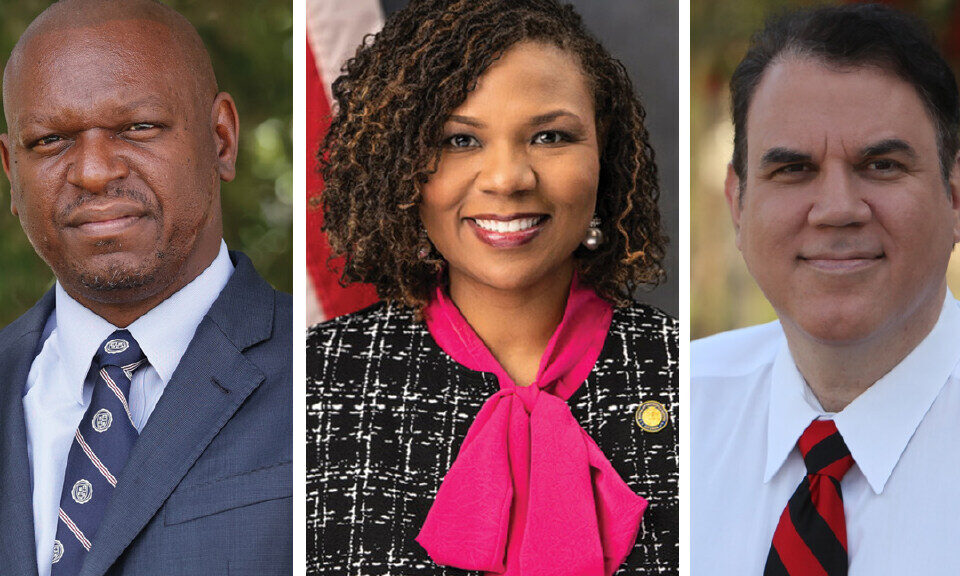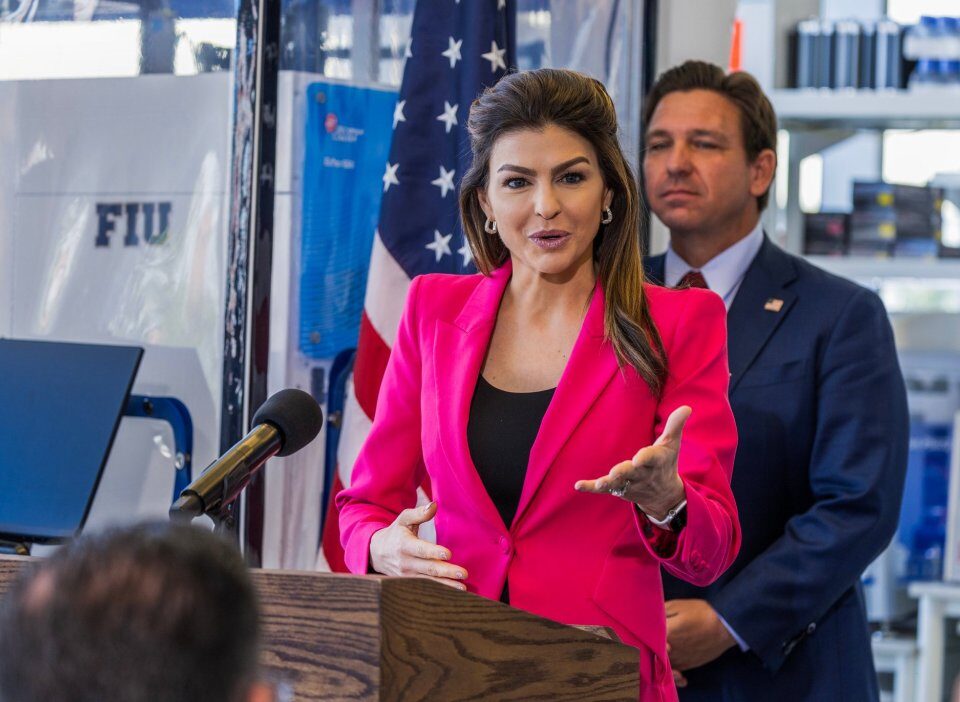Immigration policies under the Trump administration are making it harder for people to get health care among immigrants without a permanent legal status, and even U.S. citizens and people from mixed-status families, according to a new survey by the nonprofit Physicians for Human Rights.
The study was conducted among 173 health care workers across the nation.
The findings shouldn’t be seen as typical or representative of all health care providers, the group said. However, the results offer a window into the experiences of people who are providing health care across a wide array of settings around the country.
Among those results: doctors and nurses say fear is keeping people from getting health care. Some stop treatment, skip checkups or delay care. Others wait too long and show up sicker.
Katherine Peeler, a medical advisor and research team member, noted that the study highlights a nationwide crisis.
“Patients are missing appointments and critically important care. Those who do present are coming in with more advanced stages of illness and injury,” Peeler said in a statement.
The study also found that many health providers feel disappointed with the limited guidance and resources in their health care institutions to help clinicians and patients navigate changes in immigration policies, amid concerns about how those changes affect access to medical care.
The group recommended codifying what is known as the “sensitive locations” policy into law at the state and federal levels to protect hospitals and other sites. The idea is to ensure those places are safe from physical searches, investigations, arrests, and data gathering.
Numerous reports have documented immigration enforcement operations around commercial and residential areas and during scheduled immigration appointments. The raids have impacted not only people without legal status but also permanent residents and green card holders.
In Florida, Gov. Ron DeSantis has signed orders and laws requiring state and local officials to curb illegal immigration. One of those was a 2023 law (SB1718) that mandates hospitals accepting Medicaid to collect information on patients’ legal status. The law does not require patients to answer, but the question alone has discouraged many from seeking care.
The situation has led nonprofits and community organizations to take action, such as organizing a hotline called the Florida Rapid Response Alliance for Immigrant Safety and Empowerment, or RAISE. The hotline helps communities understand their rights, and offers resources that may be important during an emergency for a family in need, such as medical assistance and translation support.






